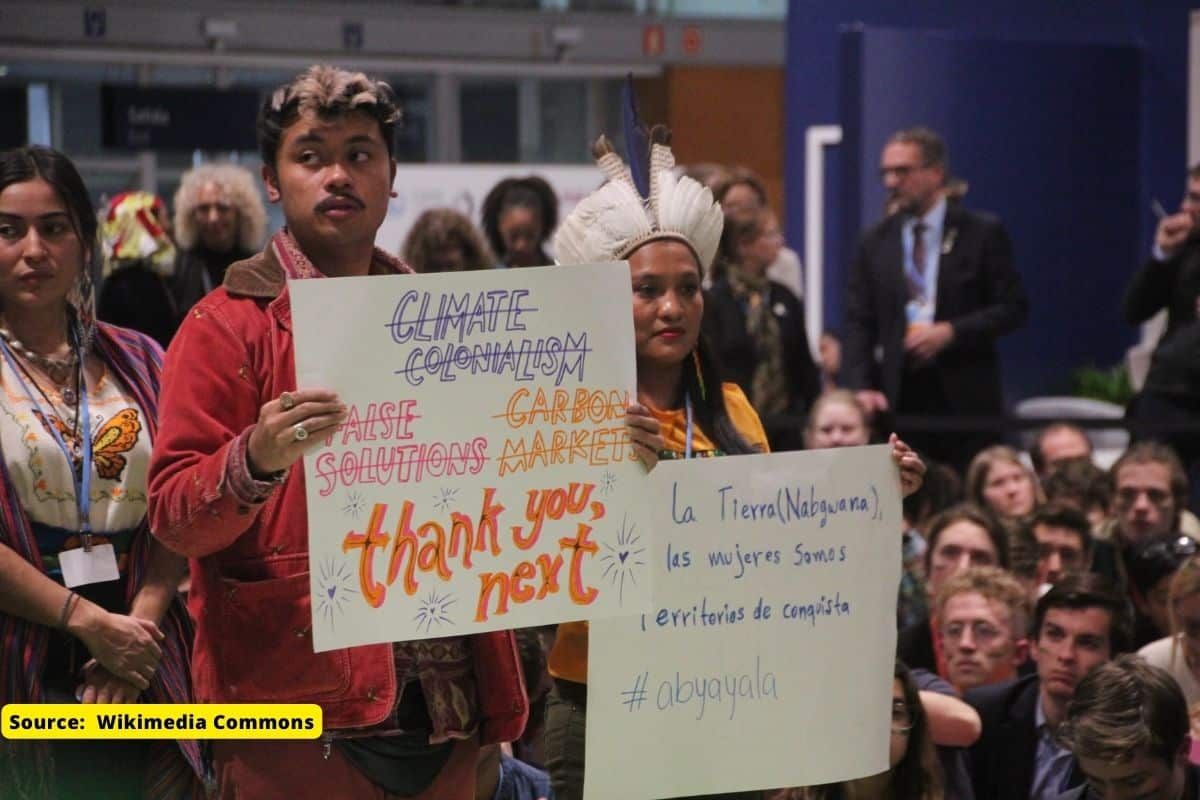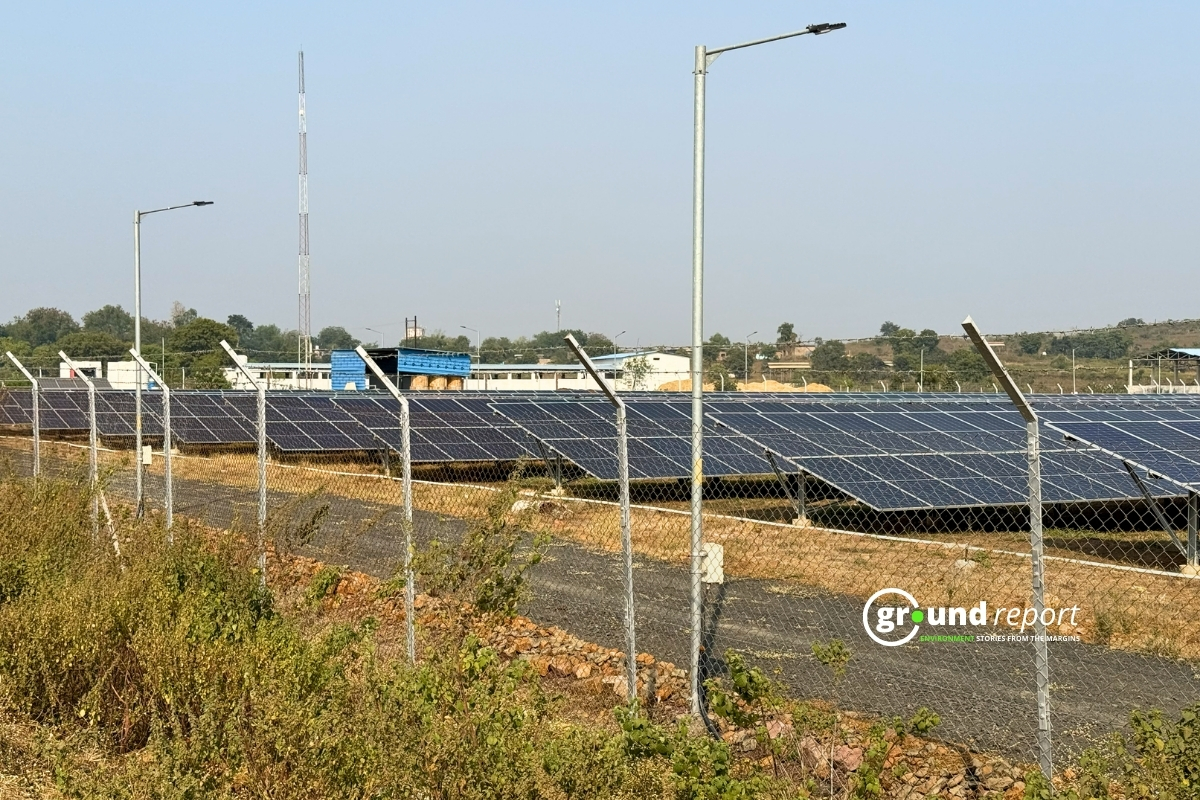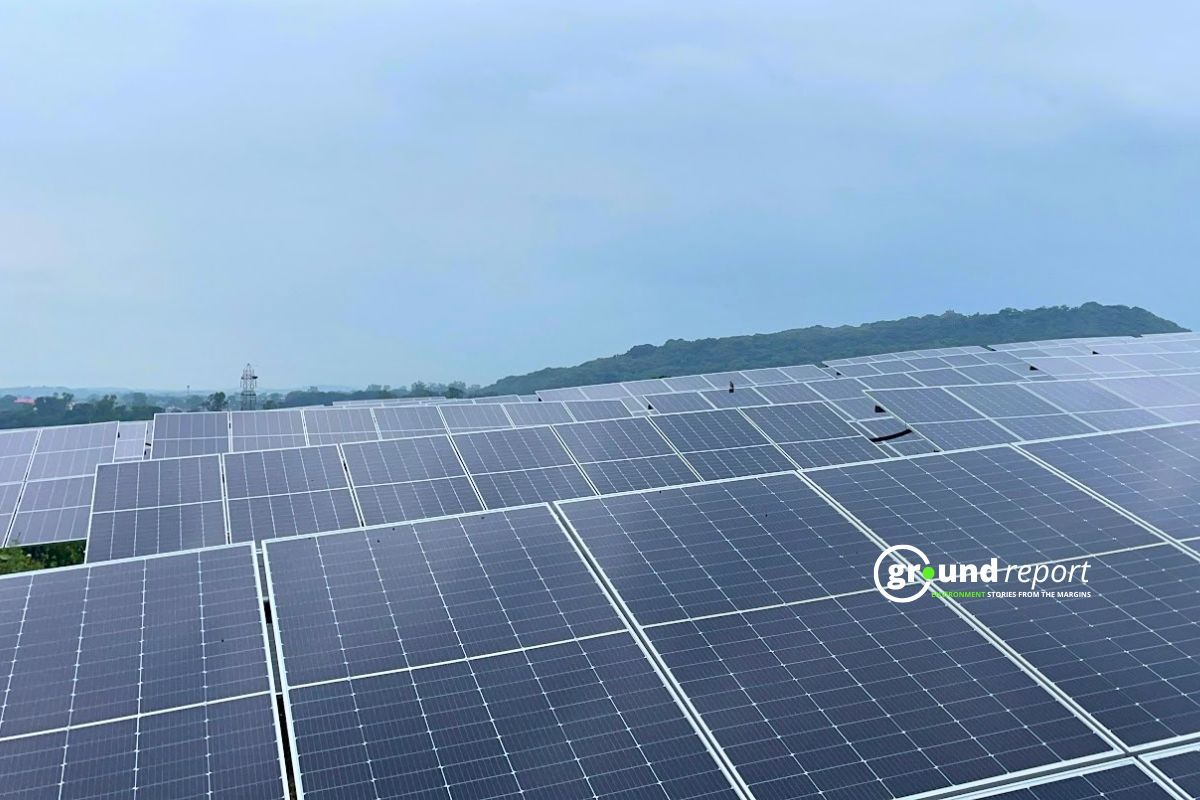The 27th United Nations Climate Change Conference, commonly known as the Conference of the Parties – COP27, will take place in Sharm El-Sheikh, Egypt. The conference will start from November 6 to 18.
India’s main focus at COP27
India’s main focus will be to push for a better definition of ‘climate finance’ for developing nations. Climate finance is necessary for mitigation because large-scale investments are required to significantly reduce emissions.
It is also equally important for adaptation, as significant financial resources are needed to adapt to the adverse effects and reduce the impacts of a changing climate.
The Green Climate Fund (GCF) will play an important role in supporting India to make this transition. But central banks and other financial institutions will have to step up their game. India will also discuss the Lifestyle for Environment (LiFE) mantra, coined by Prime Minister Narendra Modi.
What India can expect
RK Singh, Minister for Energy and New and Renewable Energy, said the International Solar Alliance would “take up the cause” of demanding delivery of the $100bn per year climate finance pledge from the Paris Agreement, which was supposed to be it would extend from 2020 to 2025 before increasing thereafter.
This is a further four per cent increase from 2019 and followed a one per cent increase from 2018 to 2019. However, it still falls short of the goal of developed countries providing and mobilizing $100 billion a year for developing countries by 2020. The increase in 2020 climate finance was mainly driven by an increase in public flows.
India’s updated climate plan includes a 45 per cent reduction in emissions intensity by 2030 and reaching 500 GW of non-fossil installed capacity by 2030.
Future technologies such as green hydrogen, offshore wind power, off-grid applications, and decentralized renewables need to adapt.
A new report from BloombergNEF (BNEF) states that India will require an investment of $223 billion to meet its target for wind and solar capacity installations by 2030, as in its updated Nationally Determined Contribution (NDC), India has committed to 50 per cent cumulative installed electric power from non-fossil fuel-based energy resources by 2030.
As UN Secretary-General Antonio Guterres says: “COP27 must provide a clear and time-bound roadmap to close the financial gap to address loss and damage. This will be a central litmus test for success in the COP27”.
Keep Reading
Part 1: Cloudburst in Ganderbal’s Padabal village & unfulfilled promises
India braces for intense 2024 monsoon amid recent deadly weather trends
Support us to keep independent environmental journalism alive in India.
Follow Ground Report on X, Instagram and Facebook for environmental and underreported stories from the margins. Give us feedback on our email id greport2018@gmail.com.
Don’t forget to Subscribe to our weekly newsletter, Join our community on WhatsApp, and Follow our YouTube Channel for video stories.









